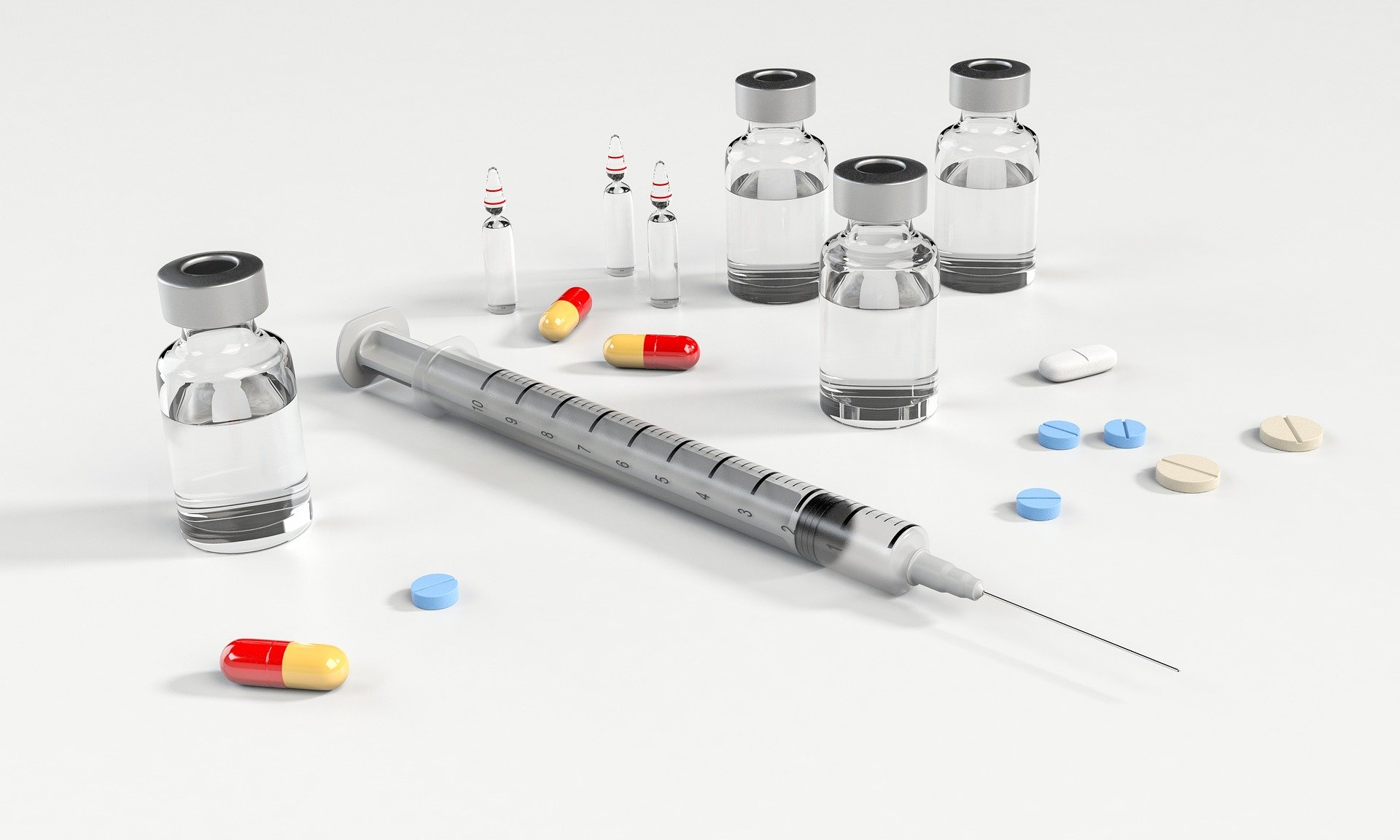
One of the most commonly asked questions about healthcare is: What is the difference between preventive and diagnostic healthcare? This post is aimed to answer this question.
There are two types of healthcare we may receive, namely ‘Preventive’ and ‘Diagnostic’. In general, both are ways to help you stay healthy as much as possible. Knowing the difference between these two healthcare matters and it is always advisable to have a clear picture of them.
Preventive care aims at assessing your current health state, helps in identifying any underlying health issues, helps investigate deficiency, infection, or diseases, and is a great way to help you stay healthy. Preventive care includes services such as routine physical check-ups, screening tests, annual wellness visits, and most immunizations like a flu shot.
Think of your body as a vehicle. You get your vehicle serviced and engine oil changed regularly to get more life out of your vehicle. The same is the case with your body, make preventive care part of your health routine, to get more life out of you.
Diagnostic care on the other hand involves treating, detecting, and diagnosing a problem/medical condition by monitoring existing symptoms or risk factors, and following up on test results that may not have been in the normal range. Services like radiology, ultrasound, and laboratory tests are all part of diagnostic healthcare. If you are undergoing periodic blood work for monitoring medical conditions like cholesterol, diabetes, etc., they would also be categorized under diagnostic healthcare services.
You might get diagnostic care during a preventive care visit. More precisely, diagnostic and preventive care may go hand-in-hand in the same visit. For example, during your annual wellness visit, your doctor may detect a chronic condition and investigate further by ordering some tests.
Below are a few examples to demonstrate the difference between the two:
Understanding the difference between preventive and diagnostic care might help you anticipate the costs involved in undertaking the services. Your insurance coverage may be different depending on the type of services you receive (preventive or diagnostic). Additionally, the same test or service can be either ‘preventive’ or ‘diagnostic ‘. Insurance coverage depends on the reason the test is ordered, as the coverage for the service may change based on how the test is defined. In most cases, you do not pay for preventive care; however, cost-sharing like copays, deductibles or coinsurance applies to diagnostic care. Thus, it is always advisable to have a clear picture of your insurance coverage, and if your doctor recommends any test/treatment, it is always recommended to ask for any additional cost associated with the same.
Lab Testing API offers a range of preventive and diagnostic blood tests directly to the individual at discounted rates. All lab orders include a physician’s order.
The above content is purely informational. The websites of, Harvard University Health Services and Health Alliance Plan of Michigan have been referenced to prepare this informational material.
Written by Dr. Shikha Sharma, Reviewed by Dr. Harshi Dhingra